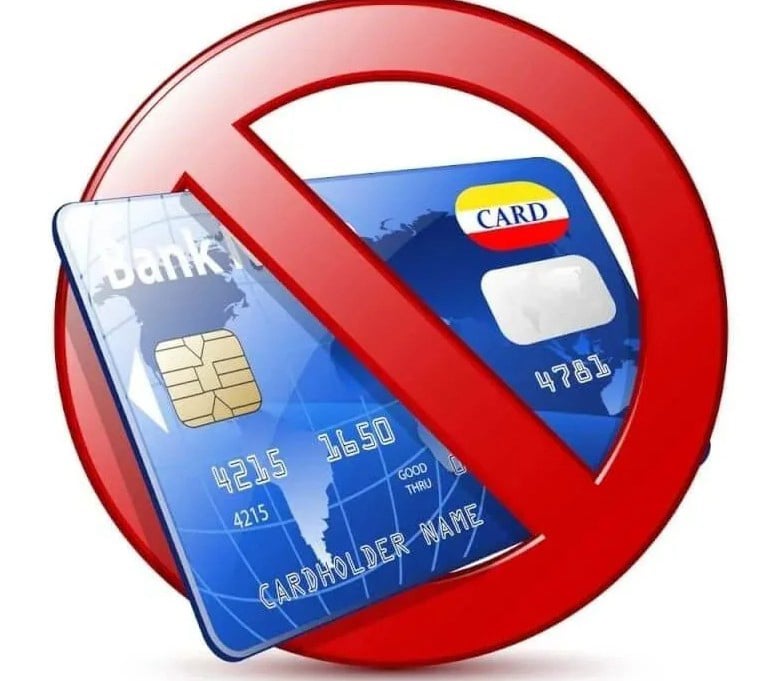The Cash-Only Challenge: How 30 Days Without Cards Changed My Spending
For 30 days, I ditched credit cards and digital payments entirely—and the results shocked me. The first week was brutal: I fumbled at checkout lines, forgot to withdraw cash, and panicked when I saw my physical money disappearing. But by Week 2, something shifted. Handing over actual bills made every purchase feel more "real" than swiping a card ever had. I started questioning impulse buys—was that $8 latte worth the crumpled bills leaving my wallet? My brain began associating spending with tangible loss, not just abstract numbers on a screen.
The cash envelope system became my lifeline. I allocated set amounts for groceries, entertainment, and dining out—and when the envelope was empty, that category was done for the week. No cheating. This forced creativity, like swapping restaurant meals for potlucks with friends or borrowing books instead of buying them. Unexpected perks emerged too: I tipped service workers more generously (seeing cash made me appreciate their work), and I finally understood where "miscellaneous" spending was leaking—those $3 convenience-store snacks added up fast.
Of course, cash wasn’t perfect. Online bills and gas stations required awkward workarounds (prepaid cards for fixed expenses, or designated "digital spending" days). I missed credit card rewards, but the savings from reduced spending far outweighed those perks. The biggest lesson? Cash exposed my emotional spending triggers—boredom, stress, and social pressure—in a way cards never had. When physical money was gone, I had to sit with the discomfort instead of numbing it with a purchase.
Now, I’ve settled on a hybrid approach: cash for daily discretionary spending, cards for automated bills and online purchases. But the experiment permanently changed my mindset. I spend 30% less than before, and when I do swipe a card, it’s deliberate—not mindless. Try it for a week: you might just break up with your credit cards, too.
